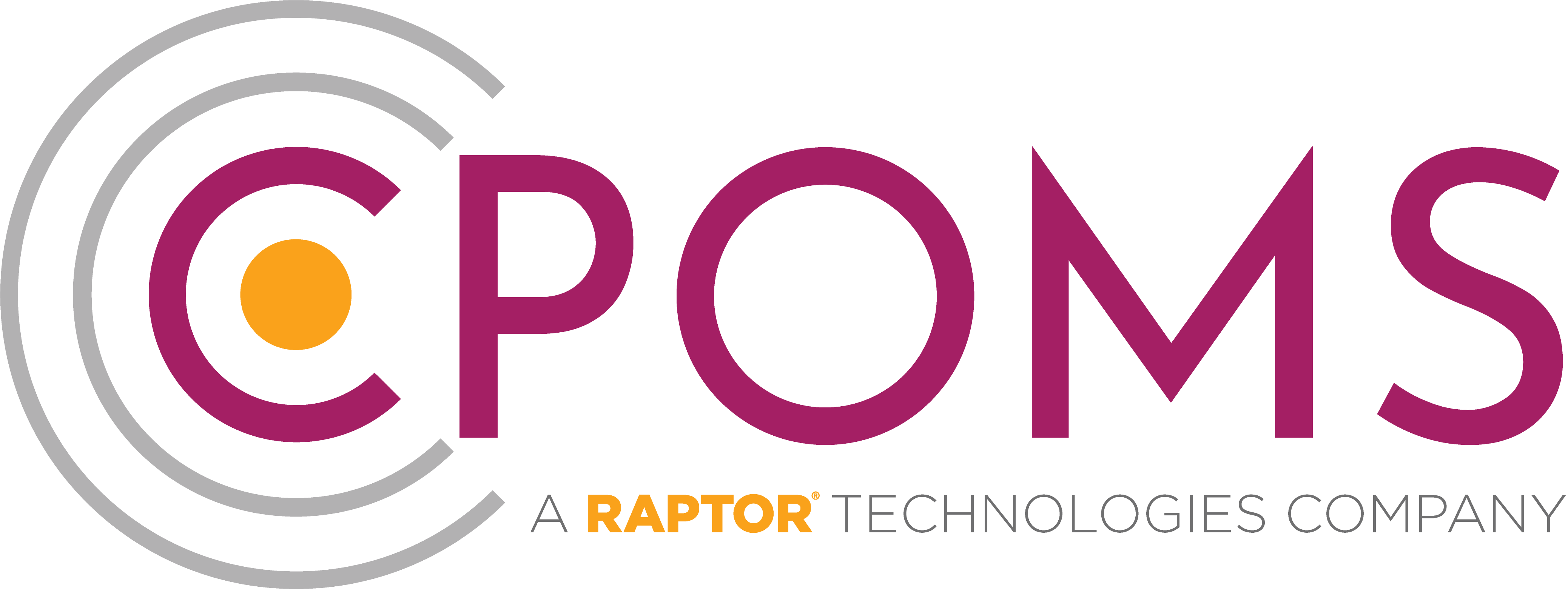Guest author: Daniel Wilsher
The theme of this year’s World Mental Health Day is workplace mental health. Is that perhaps slightly vague? Yes. Is every aspect of workplace mental health important? Yes!
While quite wide-reaching, the theme of World Mental Health Day for 2024 is certainly important in the context of education, particularly as 36% of teachers have reported experiencing burnout and 78% of staff described themselves as stressed in recent surveys. I am aware I didn’t need to give you statistics for you to understand that the workplace in education can be a difficult place to navigate when it comes to wellbeing, it’s clear that teachers and support staff are a bit fed up!
For this article, under the overarching structure of ‘workplace mental health’ I want to focus on practical self-care tips that education staff can use to help navigate the pressures they face on a day-to-day basis.
With 2 in 5 teachers in the UK saying their workload is unmanageable, practical self-care, time management and boundaries are all effective tools we can use to combat feelings of overwhelm.
Here are my top 5 tips to help all education staff this World Mental Health Day:
Set boundaries & maintain them
As the son of a parent who’s been a secondary school teacher for over 40 years, I think the most frustrating thing that I saw was the lack of time my mum had for herself over her career. Evenings were constantly filled with lesson plans, books to mark, schemes of work to create or admin tasks. Being the type of teacher who was renowned for her quality of work and desire to do her absolute best always for the children meant that she was often in leading roles, with a lot of classes to deliver each week, while also supporting colleagues to do the same. However, it meant she was consistently in cycles of burnout, which as her son has been tough to see.
Establish clear work hours so you know how much time you have to get work done and remember, the amount of time you set for a task influences how long it takes for that task to be complete. These clear boundaries will also ensure that you create time for yourself outside of work. Nurturing those psychological needs, whether it is time with the family, reading your fiction novels, seeing friends outside of work or simply resting, is imperative to enable you to avoid burnout.
Set your morning up for success
Proper planning and preparation prevents poor performance, as the old saying goes. Your time in the morning must be spent efficiently. You may have heard of the phrase, ‘win the morning, win the day’. The worst way to start your day is to be in a flurry of chaos not knowing what to fill the time with or falling behind on work in disorganisation.
A great step is to write down 3 important tasks for the morning that you wish to complete and leave a note on your desk. That way, from the moment you enter your classroom you don’t have to think, or plan, you simply just do.
‘Eat the frog’ (do the difficult stuff first)
As Mark Twain said: “If it is your job to eat a frog, it’s best to do it first thing in the morning”. This is an effective metaphor for managing your time wisely. The frog represents that task that your mind and body are resisting. The task that you’re dreading completing, that you know is causing you to procrastinate, the task that mentally weighs a lot. But getting rid of that weight will also have the greatest impact on you.
So, whenever you feel a task becoming heavy, eat the frog. Get it done! Overcome that procrastination, build momentum and relieve yourself of the weight!
Be mindful of your working equipment & space
Working in education often means spending a lot of time on your laptop. Therefore, it is important to make sure that you invest in yourself and your workspace. Carve out a space at home where you can comfortably work from, separated from where you rest to ensure healthy working habits. Feet up on the sofa or marking books in bed may seem like a great idea for comfort but will massively impact productivity and how much time you spend on tasks.
Ensuring you have the right equipment is also essential for a productive and healthy working environment. Switching from your touchpad and using a mouse can increase productivity by 50% and increase speed by 30%. Investing in a monitor (second screen) will save yourself time flicking between different windows and increase productivity by up to 42%. This can translate to hours saved each week, allowing you to improve your work-life balance.
Think of yourself as an athlete
Teachers work strenuous hours in high-pressure environments, dealing with change on a day-to-day basis, in a notoriously difficult sector. It takes a lot to perform. Treat yourself like an athlete. Take care of your body and your mind, they are your greatest tools. If you aren’t exercising, use this as your sign to start doing so. Regular exercise has been shown to decrease stress levels while improving cognitive function. If you aren’t moving your body, you are playing a role in adding to the stress in your life.
I know you may be thinking ‘I haven’t got the time’. It will feel like that at the start until you see the increase in performance, the increase in quality of sleep and as a result, the increase of energy in your day. And if the above wasn’t enough to inspire you to move more, regular physical exercise has been found to be 1.5 times more effective at treating depression and anxiety than therapy or medication!
Eating nutrient-dense foods will enable you to sustain the energy required throughout the day to perform in and outside the classroom. A balanced diet of fruit, veg, lean protein and wholegrains is a good place to start. Most importantly, remember to actually eat! Due to work and financial strain, as many as 1 in 3 teachers are skipping meals in the UK. In such a high-pressure environment, it is essential to hit your daily calorie intake so your body has the fuel it needs day to day.
How education settings can support their staff
In any profession it is important to support each other when it comes to mental health, particularly so in the highly stressful environment of education, where the wellbeing of children is also paramount. Leaders, teachers and support staff all have a role to play in helping to support each other’s wellbeing by communicating when a colleague may be suffering from poor mental health.
Tools like CPOMS StaffSafe are essential in empowering education staff to securely let the relevant teams know about any concerns regarding the wellbeing of staff, so that an appropriate conversation or intervention can take place. The software allows for the confidential logging and monitoring of any welfare concerns, allegations or incidents which individually may not be alarming. However, when viewed together as a chronology by an authorised safeguarding or mental health support role, a pattern may emerge allowing them to provide the right level of support, at the right time.
To book a demo of CPOMS StaffSafe, simply contact the friendly team at CPOMS today and find out how it can benefit your setting.
I want to finish this article with a reminder that it only takes a few small changes to make a huge impact on your life and your wellbeing. I hope that the points listed above provide you with a little more room to breathe, especially if finding that space has been tough for you in your role.




